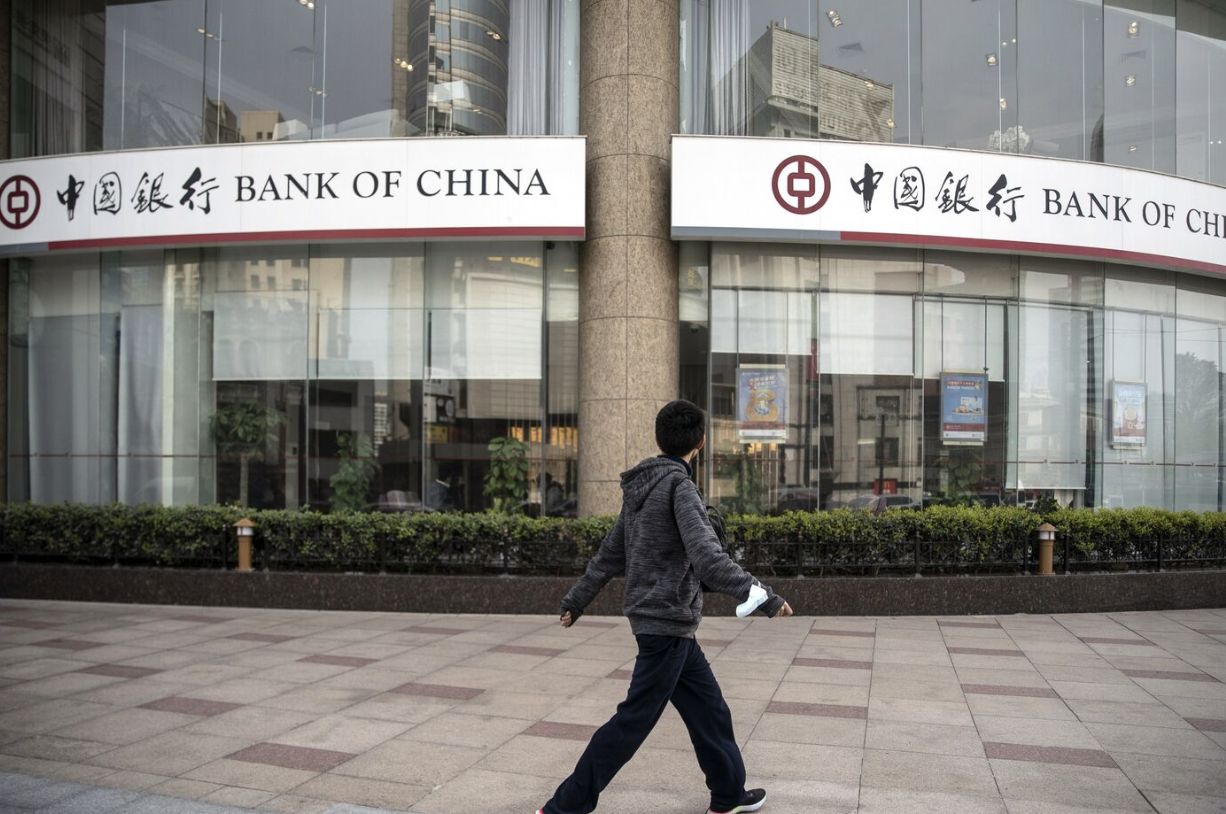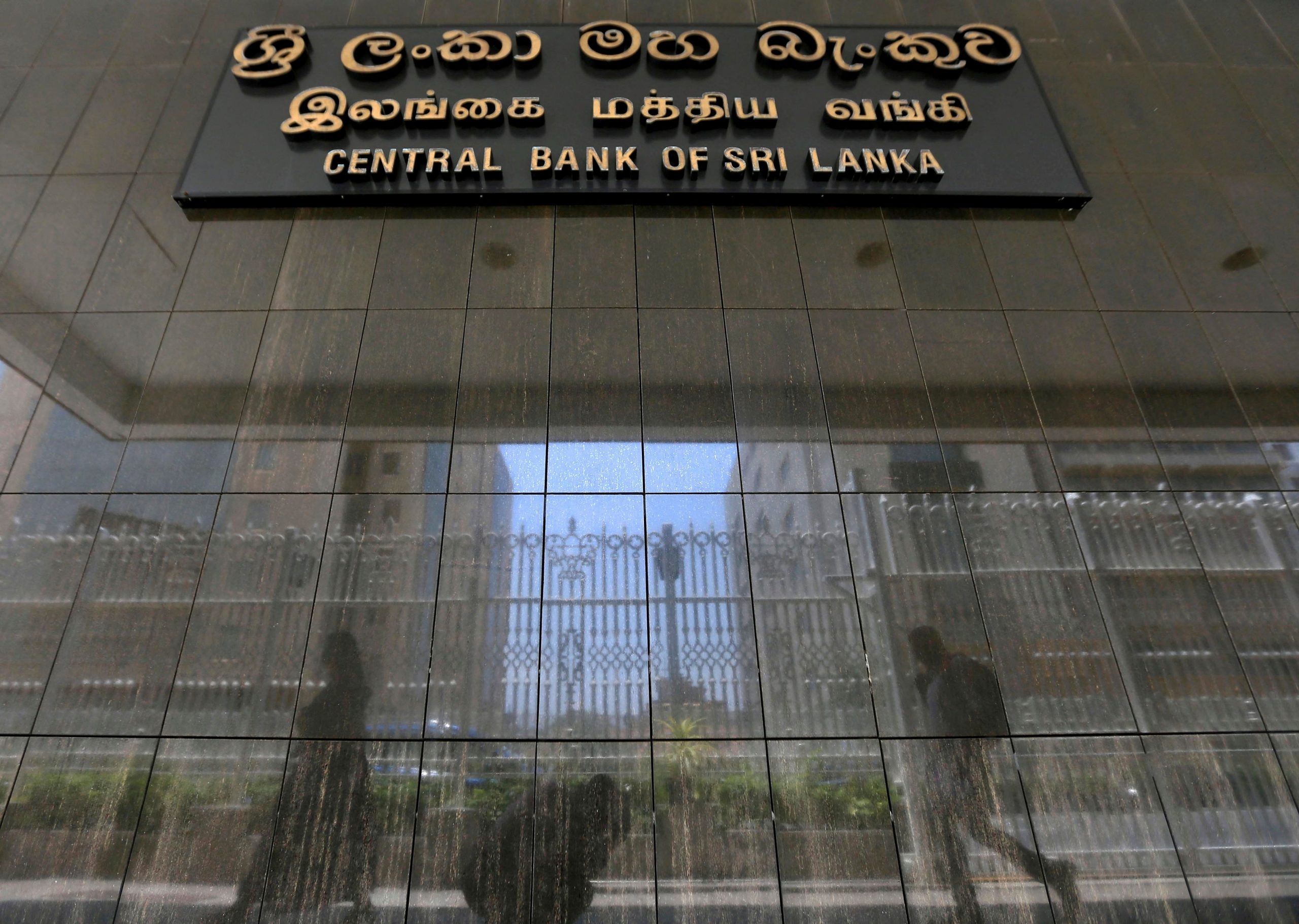Frenzied trading in stocks of China’s state-owned enterprises fizzled Tuesday afternoon as sentiment soured on the nation’s weak import data.
An index tracking some of China’s largest state-owned enterprises erased a gain of as much as 1.5% to finish the day 0.9% lower. The broader CSI 300 Index dropped by a similar amount. Brokerage stocks pared earlier surges.
Fresh data showed China’s imports slumped in April while export growth slowed, adding to pressures on an economic recovery that’s already been called into question. The latest print has cooled investors who have been bidding up the nation’s stocks on bets that Beijing will let state-owned firms to have access to more capital. China’s diplomatic spat with Canada also stoked fears of rising tensions with the West.
The weakness is probably because “SOE and financials run out of gas,” as the strength “was purely supported by that in the previous sessions,” said Willer Chen, a senior analyst at Forsyth Barr Asia Ltd, adding trade numbers were also not helping.
Government-controlled banks had seen a surge in the past few trading sessions as traders seized on policy support for the state sector to re-energize a market faced with fresh growth concerns. Skeptics were wary that the latest gains looked frothy in the absence of strong business fundamentals. China’s so-called great ball of money tends to cause trading frenzies as it rolls among financial assets.

“Investors should be careful of profit taking in the short term,” said Kakei Lam, fund investment officer at Metaverse Securities in Hong Kong. He said the rally didn’t “look healthy, as the fundamentals of the sector haven’t really changed much.”
JPMorgan Chase & Co. also believed the rally was cyclical, not structural, as analysts including Katherine Lei expected the “tangible impact of SOE reforms to be muted.”
High trading volumes had accompanied the latest rally before it fizzled on Tuesday. Volume on the CSI 300 Index on Monday was the highest since June. Options activity also had spiked on Chinese banks listed in Hong Kong, pointing to a rally driven more by momentum than fundamentals.
Chinese lenders posted a tepid set of first-quarter earnings as they faced deeper margin woes despite being sheltered from the recent global banking jitters.










